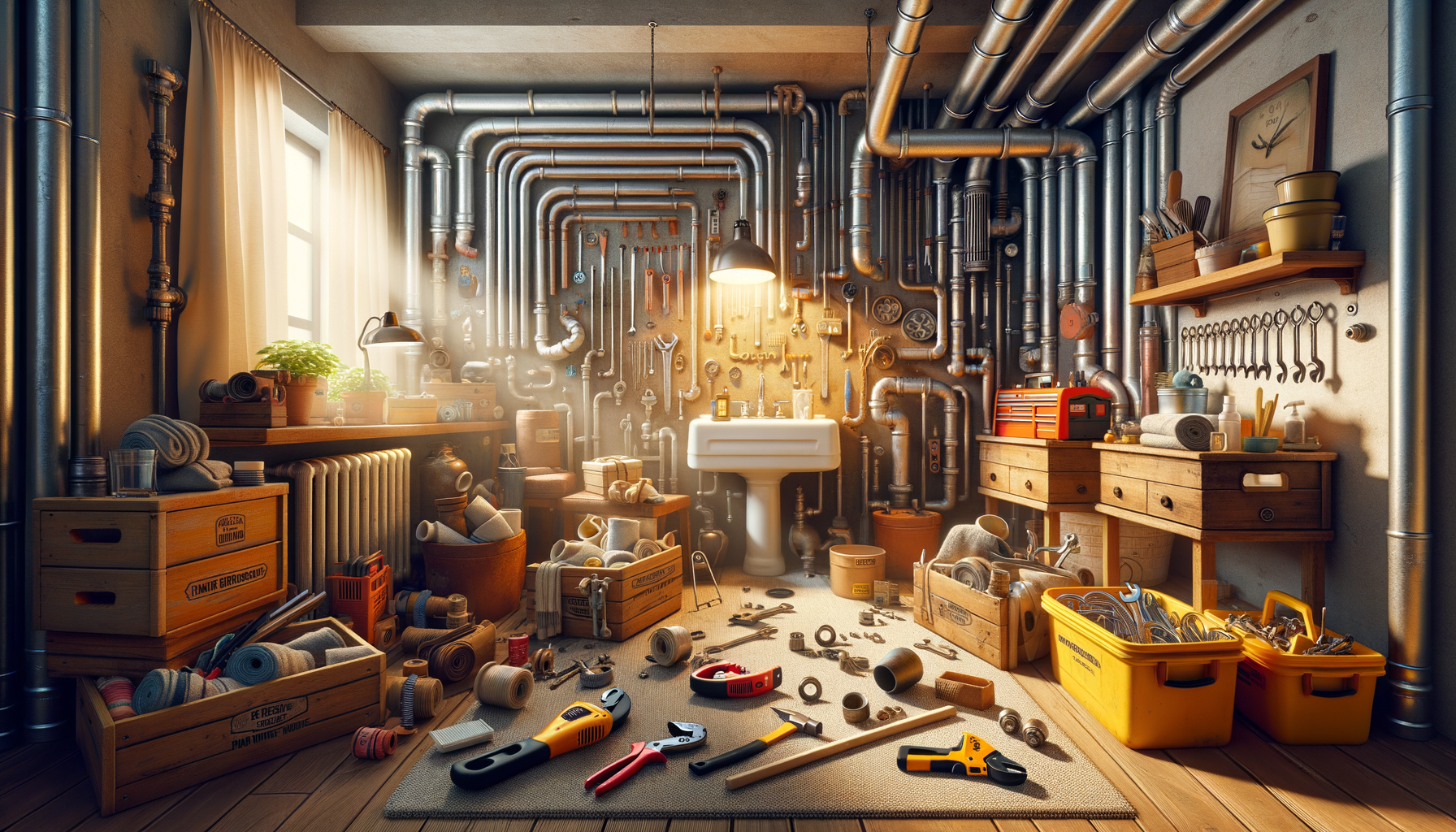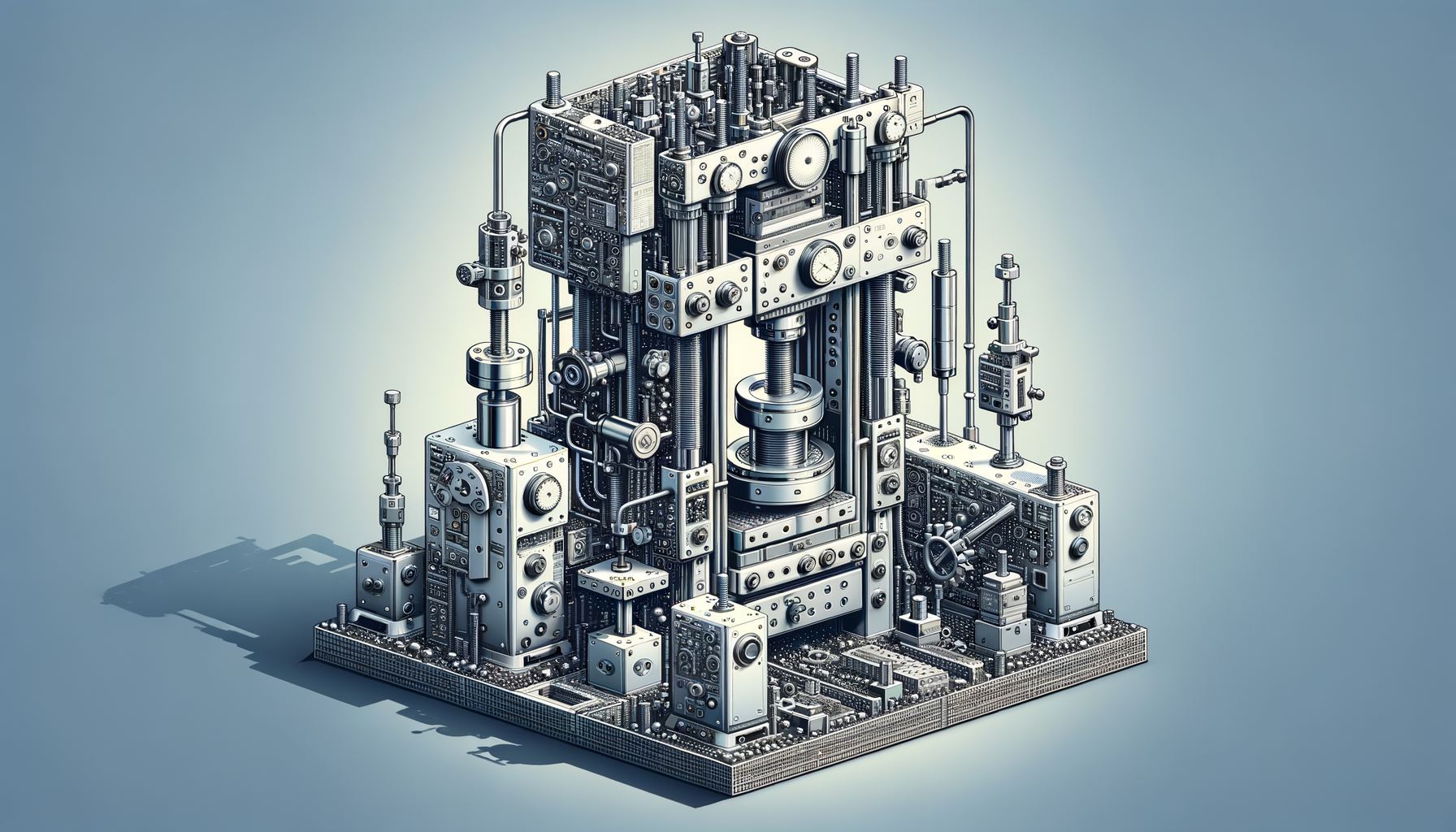
Pipe Maintenance—Dont D.I.Y It
Introduction to Pipe Maintenance
In the intricate web of modern infrastructure, pipes play a pivotal role in ensuring the smooth flow of water, gas, and other essential utilities. Regular pipe maintenance is crucial in preventing leaks, clogs, and costly plumbing issues that can disrupt daily life and operations. Whether in residential settings or commercial establishments, maintaining the integrity of piping systems is a task that should not be overlooked. This article delves into the importance of pipe maintenance, offering insights and practical advice for both homeowners and business operators.
Understanding the Basics of Pipe Maintenance
At its core, pipe maintenance involves a series of routine checks and procedures aimed at ensuring the longevity and efficiency of piping systems. The primary objective is to prevent potential issues before they escalate into significant problems. Key components of pipe maintenance include:
- Regular inspections to detect early signs of wear and tear.
- Cleaning to remove any buildup that might lead to blockages.
- Timely repairs to address minor damages before they worsen.
Understanding these basics helps in maintaining a seamless flow within the piping network, thus avoiding unnecessary disruptions and expenses. Moreover, a well-maintained system contributes to the overall safety and hygiene of the environment, as it minimizes the risk of leaks that could lead to water damage or contamination.
Common Issues in Pipe Systems
Despite their robust construction, pipes are susceptible to a range of issues that can compromise their functionality. Among the most common problems are:
- Leaks: Often caused by corrosion, high pressure, or joint failures, leaks can lead to significant water loss and damage to property.
- Clogs: Accumulation of debris, grease, or mineral deposits can obstruct the flow, leading to backups and potential overflows.
- Corrosion: Over time, pipes may corrode due to chemical reactions with water or soil, weakening their structure and increasing the likelihood of leaks.
Addressing these issues promptly through regular maintenance can prevent them from developing into more severe problems that require costly repairs or replacements.
Effective Pipe Maintenance Strategies
Implementing effective maintenance strategies is key to prolonging the life of piping systems. Some practical approaches include:
- Scheduled Inspections: Regularly scheduled inspections by qualified professionals can identify potential issues early, allowing for timely interventions.
- Preventive Cleaning: Using appropriate cleaning agents and techniques to remove buildup can help maintain optimal flow and prevent clogs.
- Pressure Management: Ensuring that the pressure within the pipes remains within safe limits can prevent stress and potential ruptures.
By adopting these strategies, property owners can ensure that their piping systems remain in good condition, thereby reducing the risk of unexpected failures and the associated costs.
Conclusion: The Importance of Professional Help
While some aspects of pipe maintenance can be handled by individuals, it is often advisable to seek professional assistance. Professionals possess the expertise and tools necessary to conduct thorough inspections and perform complex repairs. This is particularly important in commercial settings where the scale and complexity of piping systems are greater. By investing in professional maintenance services, property owners can enjoy peace of mind, knowing that their systems are in capable hands.
In summary, regular pipe maintenance is an essential practice that helps prevent leaks, clogs, and costly plumbing issues. By understanding the basics, recognizing common problems, and implementing effective strategies, individuals and businesses can maintain the integrity and functionality of their piping systems for years to come.


